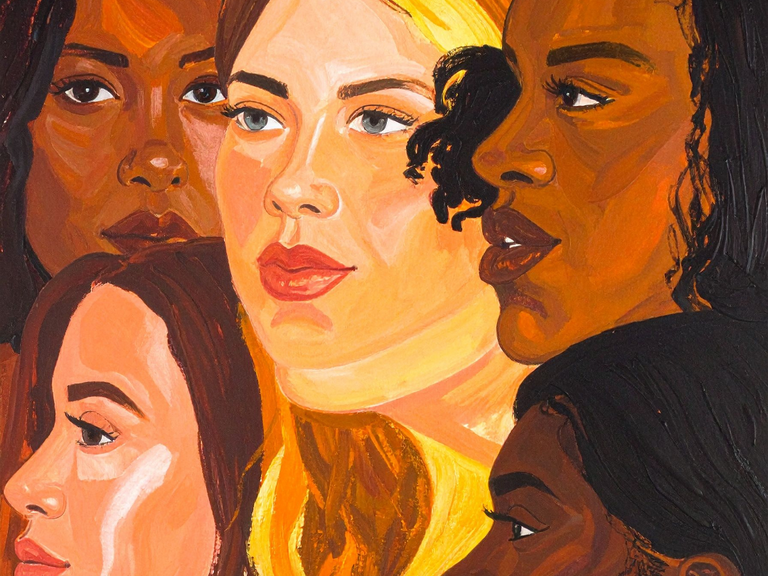Online Talk: Breaking the Social Media Prism: How to Make Our Platforms Less Polarizing
Project number:
22-031
Speaker:
Prof. Chris Bail, Duke University
Date:
Thursday, March 24, 2022, 6 p.m.
Location:
Online via ClickMeeting
Registration:
You can register for this event here.
Language:
English
In cooperation with:
Our network of German-American Institutes and Centers as part of the series "Die Zukunft des transatlantischen (T)Raumes":
Amerikahaus NRW, Amerikazentrum Hamburg, Carl-Schurz-Haus Freiburg, DAI Nürnberg, DAI Saarland, DAI Sachsen, DAI Tübingen,
DAZ Stuttgart
Partner:
This event is supported by the U.S. Embassy Berlin.
Description:
In an era of increasing social isolation, platforms like Facebook and Twitter are among the most important tools we have to understand each other. We use social media as a mirror to decipher our place in society but, as Chris Bail explains, it functions more like a prism that distorts our identities, empowers status-seeking extremists, and renders moderates all but invisible. His research, laid out in Breaking the Social Media Prism: How to Make Our Platforms Less Polarizing challenges common myths about echo chambers, foreign misinformation campaigns, and radicalizing algorithms, revealing that the solution to political tribalism lies deep inside ourselves.
The series Die Zukunft des transatlantischen (T)Raumes aims to highlight common transatlantic challenges and to discuss ideas for future transatlantic narratives and shared policy objectives. It is held in cooperation with our network of German-American Institutes and Centers.
Speaker
Chris Bail

(c) Princeton UP
Chris Bail is Professor of Sociology, Public Policy, and Data Science at Duke University, where he directs the Polarization Lab. A leader in the emerging field of computational social science, his research examines fundamental questions of social psychology using social media data, bots, and the latest advances in machine learning. Chris is the recipient of Guggenheim and Carnegie Fellowships, and he has written for the New York Times and Washington Post as well as appearing on NBC Nightly News, CBS, CNN, and the BBC. He regularly consults with corporations, non-profits, and governments. He is the author of Breaking the Social Media Prism: How to Make Our Platforms Less Polarizing, which draws on innovative online experiments and in-depth interviews with social media users from across the political spectrum to explain why stepping outside of our echo chambers can make us more polarized, not less.








